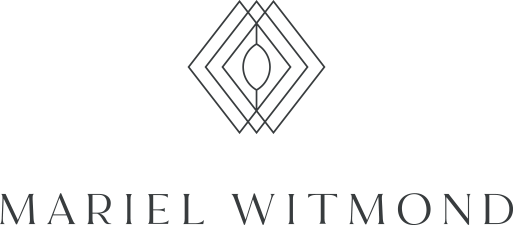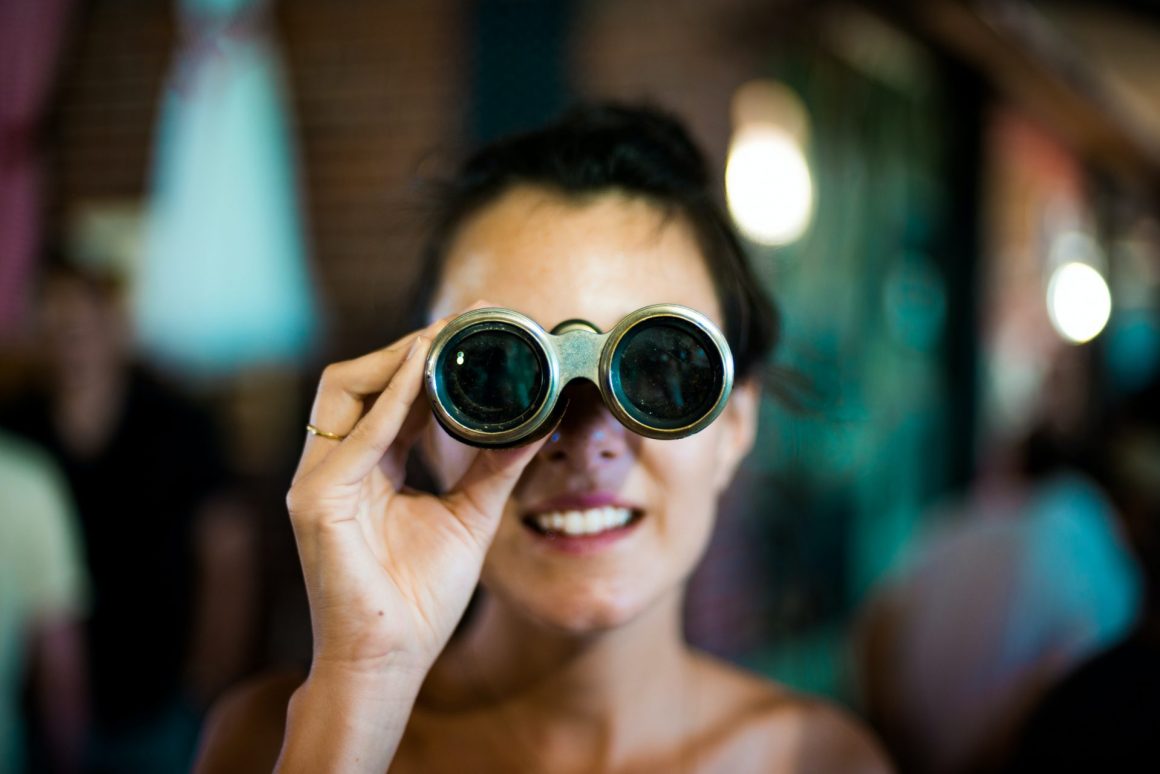Are you quick to jump to judgement?
I am. It’s been a difficult thing for me to concede to as I’ve always played the victim of unfair judgement, but the truth is that often what we choose to see in others is a reflection of things that live within us, especially as they relate to our weaknesses and insecurities.
To be judgemental and a pleaser comes with unrealistic expectations for the behaviour of others and little accountability for my own. I grew up in a household where a lot of emphasis was placed on outcomes, leaving me with high standards that were often hard for myself and others to measure up to – making me critical of both. When we judge, we tend to judge in absolutes. Yet, without knowing people’s motivations, it is hard to place judgement on their actions. The way that we love and show gratitude can also vary greatly (as seen with The Five Love Languages), whereby expectations and judgements become unfounded and unfair.
So, why do we judge?
Judgements stem from our attempts at understanding social behaviours – why we do what we do. But it requires a deeper context we are often too quick to neglect. How we judge others has a lot to say about us. We judge to better assess who we want in our lives and who we don’t; who we want to be more like and who we dont; how to interact in our lives and make sense of the world. We use people as mirrors on which we base our experience of the world around us (and ourselves). Judging is a natural part of our human experience, but being quick to judge without a deeper understanding of motive/intention/circumstance is usually the result of inaccurate assumptions and a biased half-story. Like a muscle, the more we judge others, the more likely we are to judge ourselves.
Then, what can we do to change our judgemental ways?
Get CURIOUS. You can’t be judgemental and curious at the same time. By getting more curious we can work on our conscious communication, helping us focus more on facts and less on assumptions. Curiosity helps us to connect with kindness and compassion as we learn to be more understanding. It helps us to take action and move forward in a positive way. It can be liberating to give someone the benefit of the doubt. It’s a learning curve, as is the case with trying anything new – but we can change our habits and create new, healthier skills with practice.





